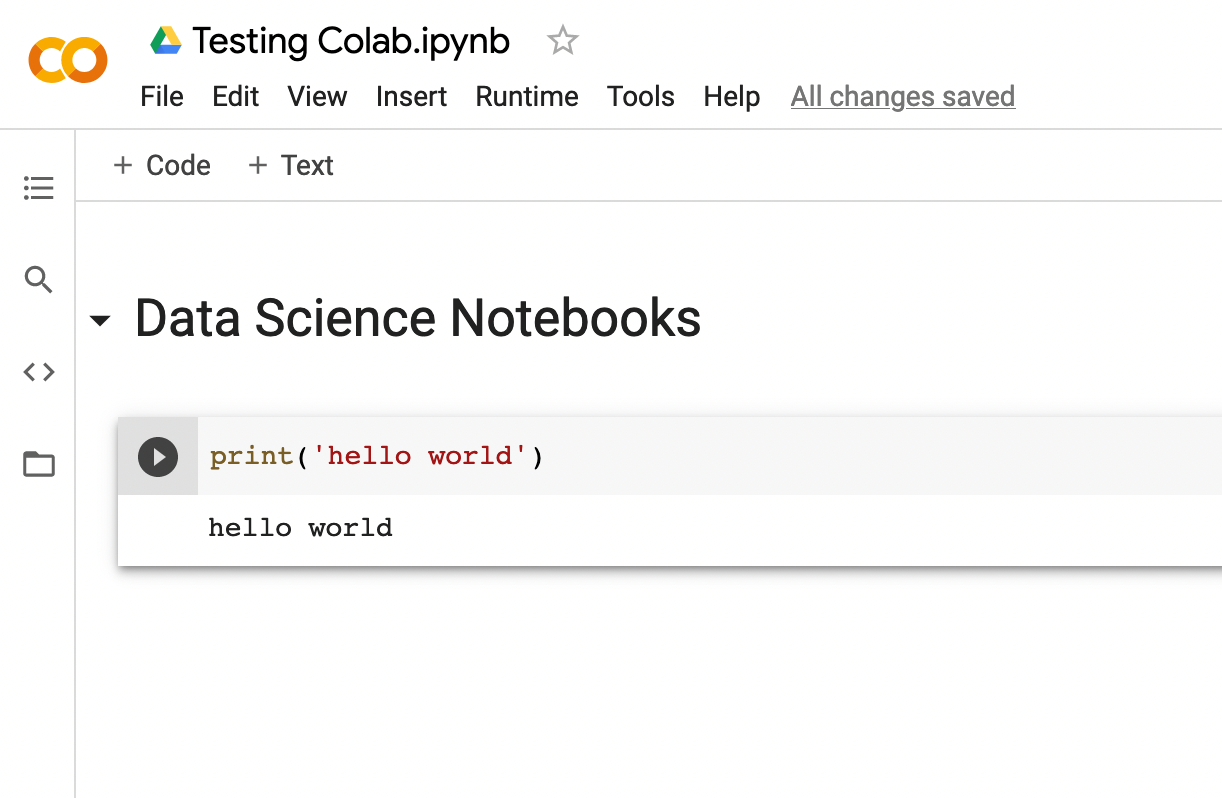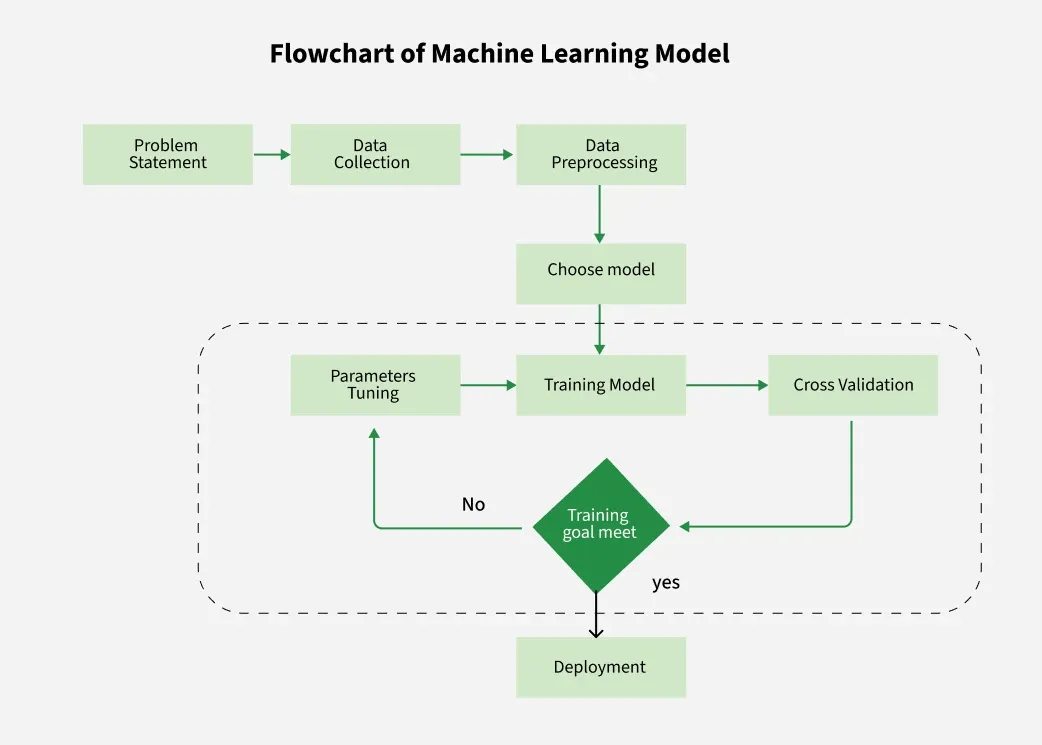Google Colab is basically free Jupyter notebooks that run on Google's servers instead of your laptop. The catch? Google can kill your session whenever they want, taking your work with it. I've lost count of how many times I've seen the dreaded "Runtime disconnected" message right before a long training job finished.
The Good Parts (Yes, There Are Some)

No Setup Hell: You get TensorFlow, PyTorch, pandas, and most ML libraries pre-installed. No more spending 3 hours fixing CUDA drivers or dealing with conflicting Python environments. Just click and start coding.
Free GPU Access: T4 GPUs for free is genuinely amazing. Sure, they're not the latest hardware, but they'll train your BERT model faster than your MacBook ever could. Sometimes you even get lucky and snag an L4.
Collaboration That Sometimes Works: Multiple users can edit the same notebook simultaneously. When it works, it's pretty slick. When it doesn't, you'll be manually merging conflicting changes and questioning your life choices.
The Reality Check
Session Timeouts Are Your Enemy: Free tier gives you about 12 hours max, but that "12 hours" is more like "however long Google feels like it." I've had sessions die after 2 hours during busy periods. The 30-minute idle timeout is particularly brutal - step away for lunch and boom, your 6-hour training run is gone.
Fresh Environment Every Time: Every session starts completely clean, which sounds nice until you realize you're installing the same 15 packages every damn time. Want to use a specific version of transformers? Hope you saved that pip install command because you'll be typing the fucker again tomorrow.
GPU Roulette: Free tier GPU allocation is basically gambling. Sometimes you get a T4, sometimes you get nothing. Peak hours (US afternoons) are particularly rough - you might wait 20 minutes just to get compute resources.
AI Assistant Integration (Established 2025)
Google's Data Science Agent has matured since its launch and now reliably generates code from natural language prompts. It's become quite capable at boilerplate data analysis tasks, though you'll still want to review its suggestions. The integration has significantly reduced the tedium of writing repetitive pandas operations.
Performance Reality
Pro users with V100s see about 2.5x speed improvement over free tier T4s. That's the difference between a 4-hour training run and a 10-hour one. For TPUs, TensorFlow models fly, but good luck getting PyTorch to work smoothly.
What This Means for Real Work
Colab is perfect for:
- Learning ML without buying a $3000 GPU
- Quick experiments under 2 hours
- Prototyping when you don't mind losing work occasionally
- Sharing notebooks that don't need custom environments
Colab sucks for:
- Anything mission-critical that can't handle random disconnects
- Long training jobs (use AWS spot instances instead)
- Production pipelines (it's not designed for this)
- Projects requiring custom system configurations

Pro tip: Save to Drive every 10 minutes, use checkpointing for anything over an hour, and always have a backup plan for when your session inevitably dies.
While the free tier hooks you with genuine utility, Google's business model becomes clear when you hit its limitations and start eyeing the paid plans.
